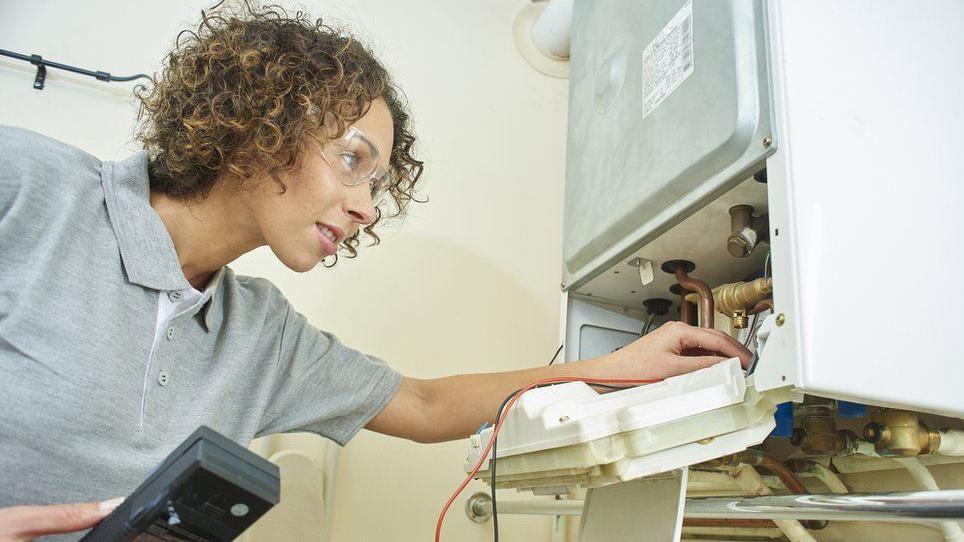Tenants welcome 'warmer' homes after retrofit moves
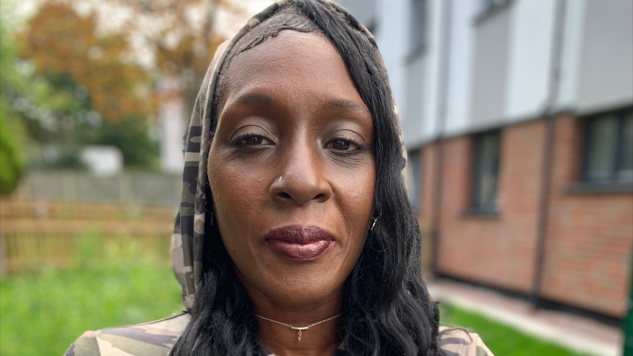
Michelle Mellis' energy bills have already dropped and she can expect to save an average of £90 a month through the winter
- Published
“It used to be cold and damp, most of the doors needed sorting because it was so draughty," said a Birmingham mother-of-four about her council flat.
Michelle Mellis lives in Castle Bromwich where about one in five homes are in fuel poverty.
But, after years of feeling the pinch, there has been some welcome relief from the financial pain. Two large block of flats on Dreghorn Road have been retrofitted in a partnership between Birmingham City Council and regeneration firm, Equans.
Ms Mellis' energy bills have dropped and she can expect to save an average of £90 a month through the winter.
“We have definitely noticed how much warmer it is, especially in the summer periods," Ms Mellis said.
“Compared to how it looked before, this is much better. Everything needed an uplift”.
Each property now benefits from solar panels so tenants can generate their own electricity.
The flats have new insulation for walls and lofts, new ventilation systems to improve airflow and battery storage to support energy efficient heating.
Up to 800 homes in Birmingham have had these renovations, boosting their green credentials, with a further 1,200 expected to be completed by September 2025.
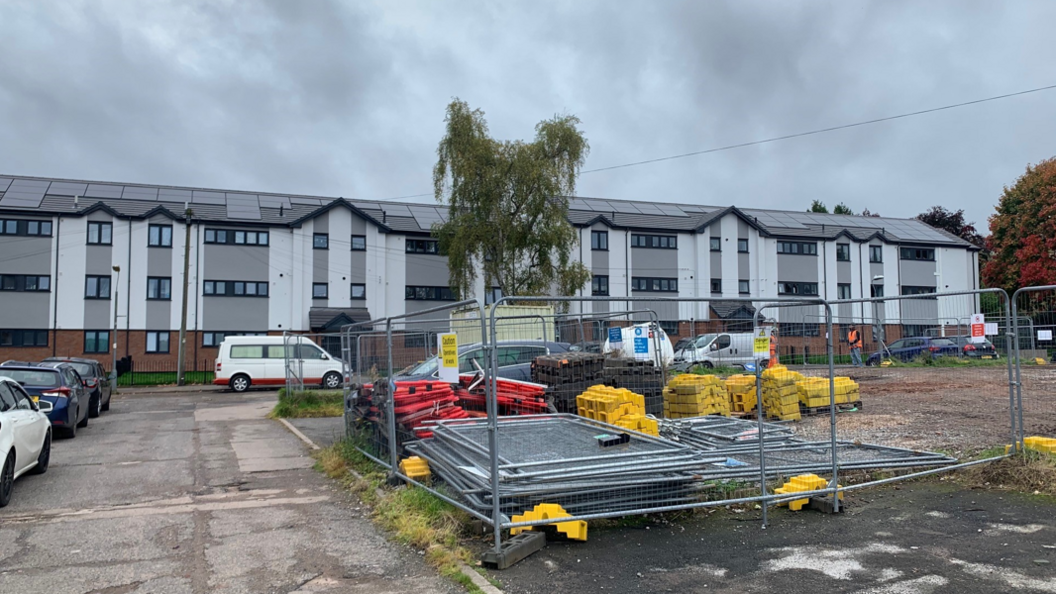
Two large block of flats on Dreghorn Road have been retrofitted
The project, one of the largest the city has seen, was part-funded by the previous government’s Social Housing Decarbonisation Fund.
“In terms of energy efficiency, the buildings will get either an A or B energy performance certificate”, said Paul Bingham, Equans’ regional operation director.
The company said it was also skilling the next generation – and has 60 trainees aligned to the project - as it seeks a competitive edge in a challenging market.
“Regeneration and decarbonisation are hugely competitive," Mr Bingham added.
"For us, it’s fantastic just to see a transformation from a shell of a property – and to assist people with fuel poverty."
Each retrofitted property should save 2.5 tonnes of carbon annually, the council told BBC News.
“This is an eight-year broader investment programme worth £1.4bn.”
Jayne Francis, cabinet member for housing and homelessness, said they were working to deliver schemes quickly as it was in the interest of both the city and tenants.
“We can help to reduce bills and help achieve our route to zero goals as well," she said.
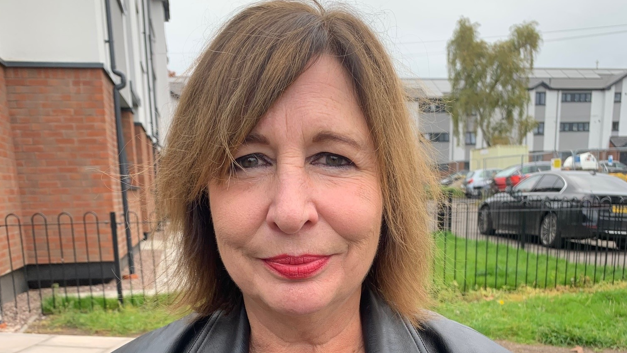
Jayne Francis, cabinet member for housing and homelessness, said the city council was working to help people reduce their bills
Retrofitting calls
Around a third of Birmingham’s carbon emissions are from domestic properties according to recent research.
While the retrofitting of 2,000 council homes might be deemed a positive step, it has surely got a long way to go, considering it has a stock of 60,000 homes of varying condition.
Retrofitting is all the rage, providing funding is in place but - for some – it does not satisfy climate goals or solve a desperate housing need.
To mark World Homelessness Day last Thursday, campaigners gathered in Smallbrook Queensway to protest against approved plans to convert the 60s ringway centre into apartments.
With the housing register in Birmingham now topping 25,000, as the BBC reported this week, the council is under pressure to build new homes.
Put simply, protesters, including campaign groups from Druids Heath and Ladywood, wanted social housing here and not private "luxury" one and two beds.
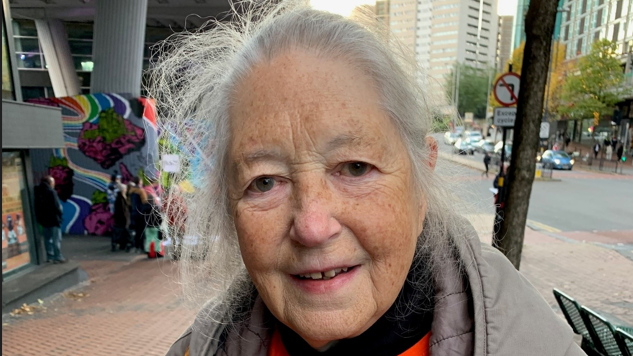
Jenny Marris of Brutiful Birmingham said she wanted to see more properties made available to families needing social housing
“It seems a crazy idea to knock down a building that is perfectly retrofittable, said campaigner Jenny Marris of Brutiful Birmingham.
“There’s a terrible wait for people who need social housing.
"We have a huge list of families in this city. It’s a terrible situation when you have some 25,000 families waiting and waiting for a home – including around 10,000 kids.
“We just become a tourist centre with no real community”.
The chronic shortage of homes is nothing new in the second city – we’ve been reporting on it for years
Every week, I receive emails from tenants across the West Midlands suffering with mould and damp. It feels like the single biggest issue for many.
It is a national issue, Ms Francis insisted, adding the local authority was “absolutely committed” to improving conditions for tenants.

Paul Bingham from Equans said it was "fantastic just to see a transformation from a shell of a property – and to assist people with fuel poverty"
“Whilst we’re in the middle of a slight economic and certainly a political housing crisis, we need to do everything we can for our existing client group," she said.
There is hope – in political circles – that Birmingham’s housing crisis will receive some financial relief as soon as this year.
That may come from this month's Budget.
Will the Labour government direct some housing relief towards Labour-led Birmingham City Council, despite its ongoing financial turmoil?
And might West Midlands Combined Authority – under Labour mayor Richard Parker – also look to get involved?
Politics aside, tenants have told me they were pushing harder for energy efficient homes, not least because their rents rise year on year.
“This will really help people here, to give us peace of mind," Ms Mellis added.
“Everyone’s felt that pinch, that struggle, choosing whether to heat or eat”.
Get in touch
Tell us which stories we should cover in Birmingham and the Black Country
Follow BBC Birmingham on BBC Sounds, Facebook, external, X, external and Instagram, external.
Related topics
- Published6 February 2023
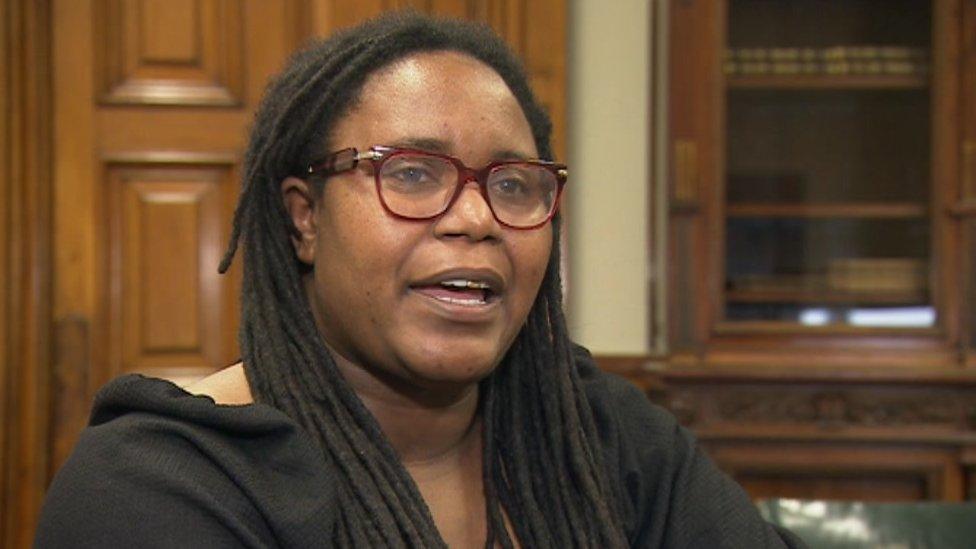
- Published19 March 2024
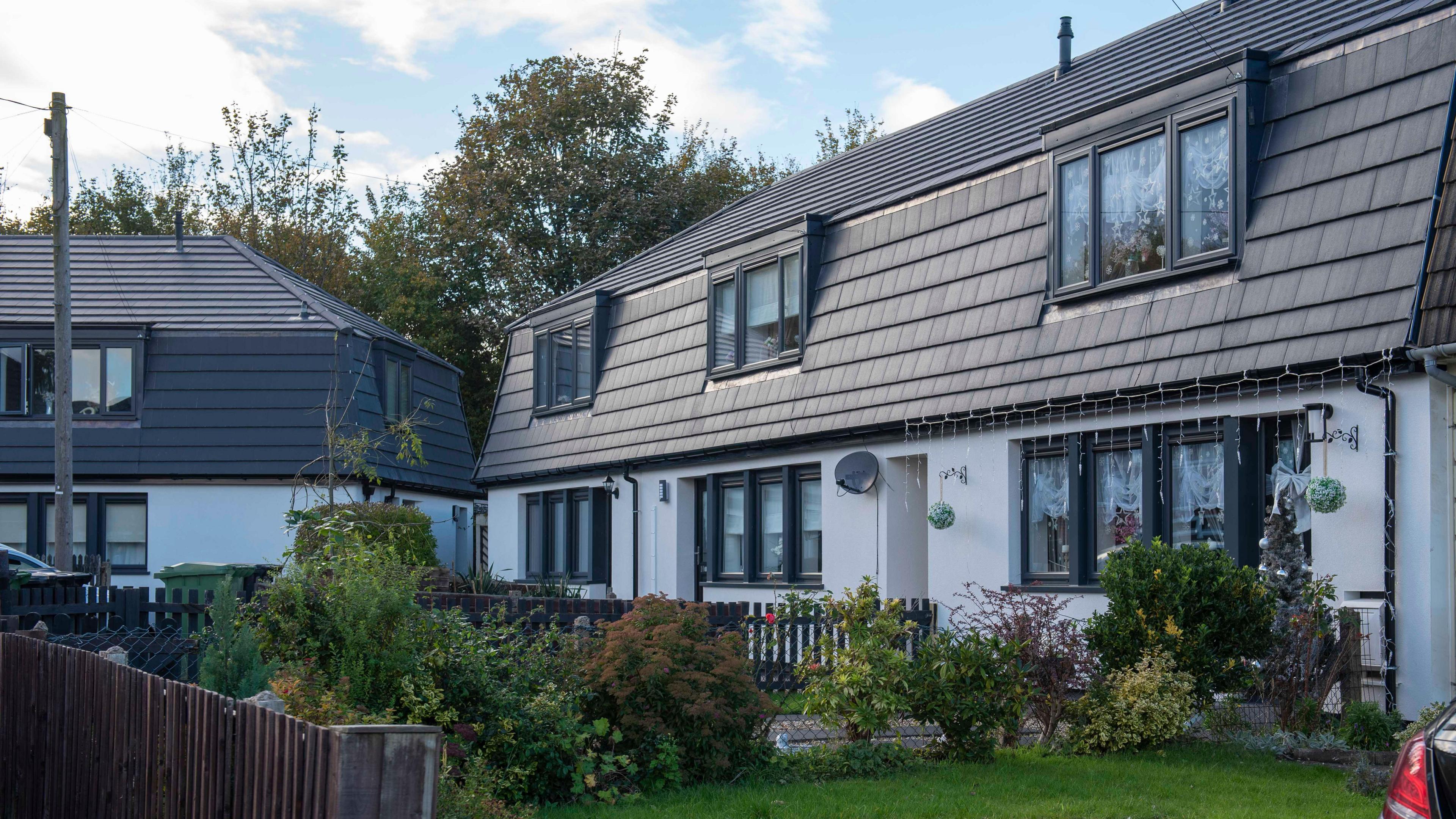
- Published28 July 2024
